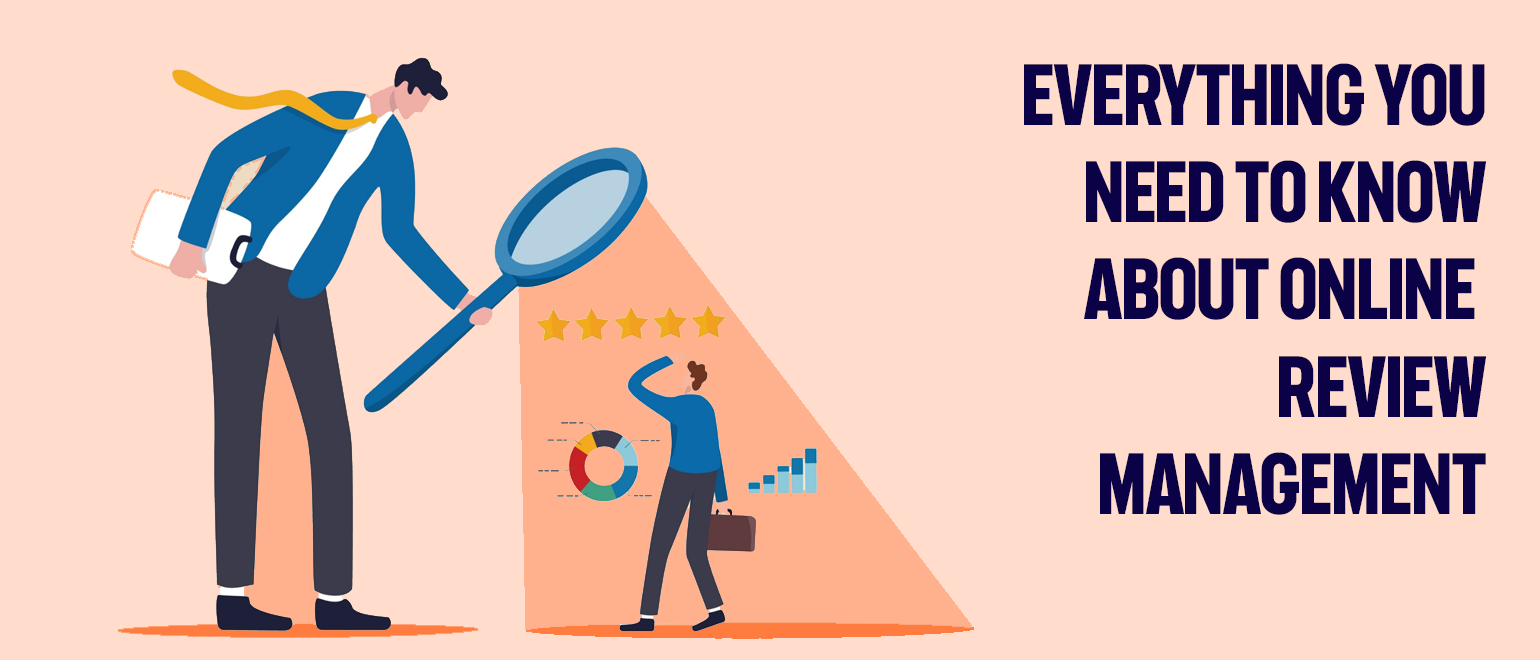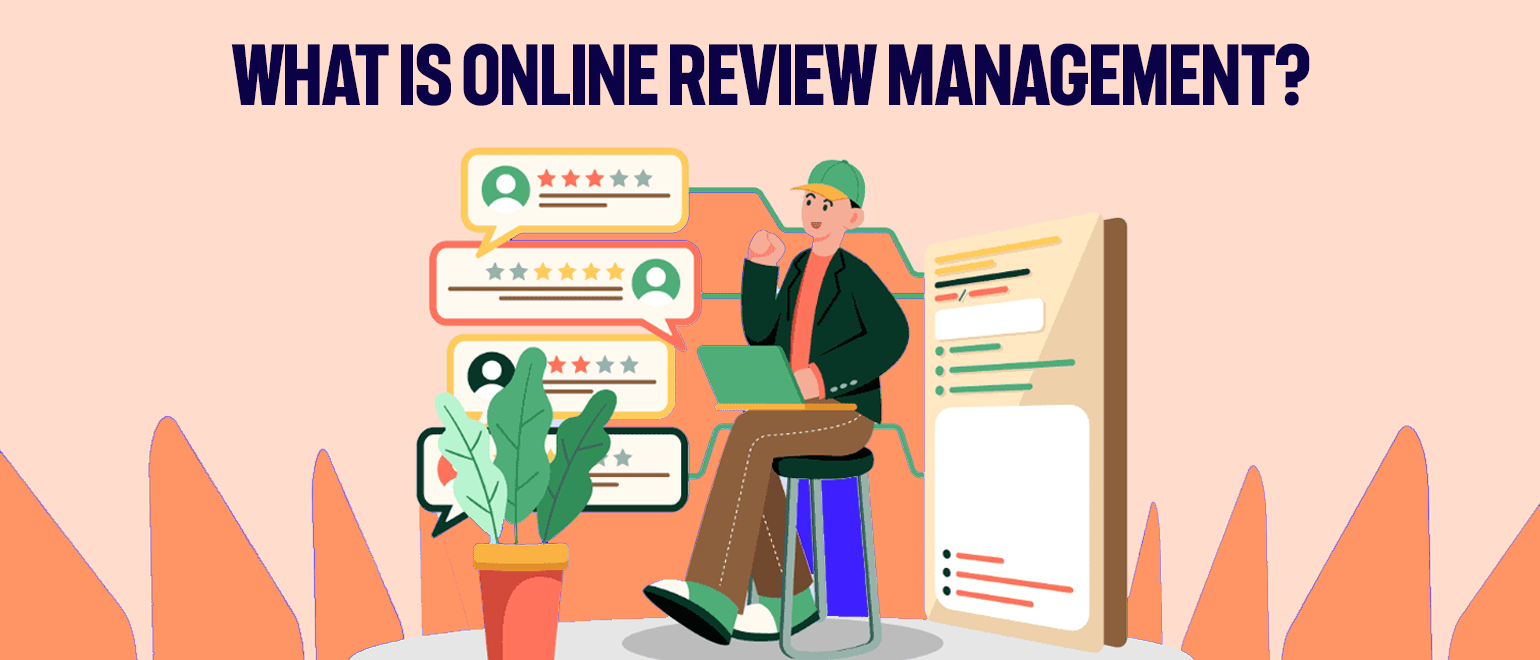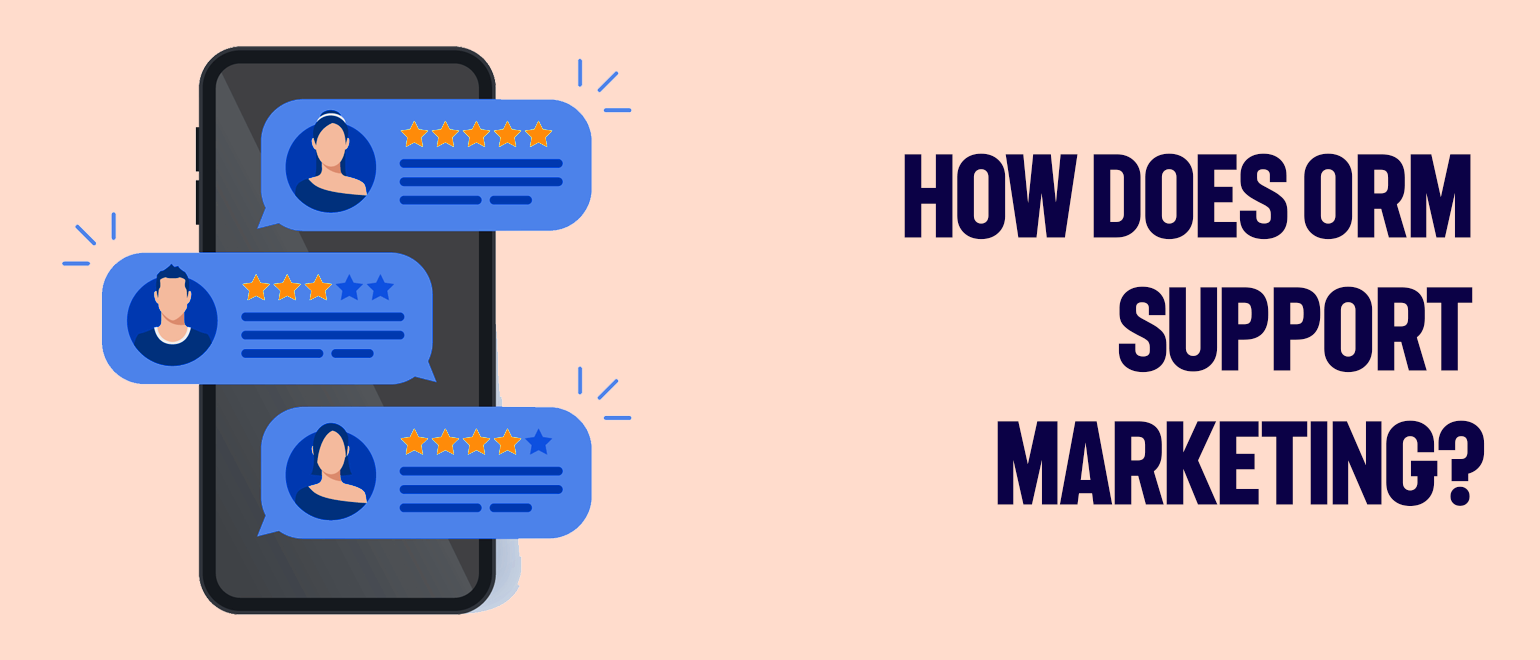
People often form opinions about a business long before they speak to a representative or make a purchase. One Google, Yelp, or industry-specific review can shape whether someone chooses your services—or looks elsewhere. This makes online review management an essential part of running any business, whether it’s a small local shop or a larger company.
Managing reviews isn’t just about responding to complaints. It’s about noticing patterns in customer feedback, making improvements based on what people are saying, and sharing positive experiences to attract new clients. Businesses that actively engage with reviews often see stronger relationships with customers, improved services, and new growth opportunities.
Here’s a detailed FAQ to help you understand online review management and how it can benefit your business.
What is Online Review Management?

Online review management involves keeping an eye on what customers say about your business across platforms such as Google, Yelp, TripAdvisor, social media, and many other review sites, and using that feedback to make meaningful improvements. It’s not just about tracking reviews—it’s about understanding what matters most to your customers and using those insights to enhance your products, services, and overall reputation.
For example, if multiple customers mention that your location is hard to find, updating directions online or adding better signage can make a big difference. Likewise, if reviews consistently praise your team’s friendliness, highlighting those experiences on your website or social media can attract more customers. The ultimate goal is to build trust, nurture loyalty, and create a positive online presence that encourages new clients to engage with your business.
In short, review management helps you turn feedback into actionable improvements.
Curious how your business is currently seen online?
What is an ORM Strategy?
An ORM (Online Reputation Management) strategy is a planned approach to handling online feedback consistently. It typically involves:
- Watching all relevant review platforms.
- Establishing a clear method for responding to both positive and negative reviews.
- Encouraging happy customers to leave reviews.
- Using feedback to detect trends and areas for improvement.
Think of it as a blueprint: no matter what review arrives, your business has a consistent way to respond, maintain credibility, and show commitment to quality.
How Does ORM Support Marketing?
Online review management is not only protective—it can also support marketing efforts. Every review reflects your business’s character and values.
For instance, if several people note that a café has a warm, welcoming atmosphere, that feedback can be highlighted in social media campaigns. If recurring issues are mentioned, like long wait times, your team can address them to improve the overall experience.
ORM allows businesses to turn real customer feedback into marketing insights that strengthen their brand.
How Does SEO Differ from ORM?

SEO (Search Engine Optimization) and ORM complement each other, but their purposes differ:
- SEO helps potential customers find your business by improving its visibility online.
- ORM ensures that once customers discover you, the reviews and ratings they see inspire confidence in your business.
Think of SEO as a sign guiding customers to your door, and ORM as the experience they have when they arrive. Both are crucial for attracting and retaining clients.
See how your reviews and online presence work together.
Why Are Online Reviews Important?
Reviews act as firsthand stories about your business. People often read multiple reviews before deciding to engage with a company. Ignoring them can:
- Leave negative feedback unresolved, hurting trust.
- Allow competitors who manage reviews actively to appear more reliable.
- Prevent your business from identifying opportunities to improve services or products.
Thoughtful management of reviews shows that your business listens to its customers and is committed to providing positive experiences.
How Should Businesses Handle Negative Reviews?
Negative reviews are opportunities to demonstrate care and professionalism. Effective strategies include:
- Respond promptly so customers feel acknowledged.
- Addressing concerns respectfully without defensiveness.
- Offering clear solutions or next steps to resolve the issue.
For example, if a customer mentions a slow delivery, a response explaining the delay and steps taken to improve can turn the situation into a positive display of accountability.
Can Online Review Management Affect SEO?

Yes, indirectly. Large language models (LLMs) now often reference reviews when generating answers to contextual or conversational search queries, meaning that well-managed reviews can influence both AI-driven search results and traditional rankings. Search engines also consider the number, quality, and recency of reviews when ranking local businesses. Proper review management can:
- Improve overall ratings gradually.
- Encourage more authentic feedback from customers.
- Increase visibility in local search results.
By combining SEO with review management, you attract potential clients and ensure they see positive, credible reviews.
What are the best ways to get more customers to leave reviews?
Encouraging reviews doesn’t have to feel forced. Some effective approaches include:
- Asking satisfied customers at the right time.
- Sending follow-up emails or messages with links to review platforms.
- Using QR codes on receipts or invoices for easy access.
- Explaining that feedback helps improve products and services.
The key is making it simple and meaningful without offering incentives that violate platform guidelines.
Should Businesses Outsource Review Management?
Outsourcing review management often depends on your team’s bandwidth and the volume of reviews you receive. Many businesses manage the process in-house if they have a team member with the right expertise—often supported by tools like My Review Concierge to make it more efficient.
Others choose to outsource the entire effort to agencies such as The Reputation Lab. In that case, the partner handles everything for you: writing and publishing responses, compiling reports, analyzing customer sentiment, and advising on areas for improvement.
What MRC Offers
- All-in-One Dashboard – Track and manage reviews from every major platform in a single view.
- AI Review Responder – Use our built in AI tool to help draft management responses, or have our team of experts create a rolodex of 30+ custom templates that can be further personalized.
- Actionable Insights – Access reports highlighting trends, customer sentiment, and rating patterns.
- Efficiency for Your Team – Let your staff manage reviews effectively with MRC, freeing time to focus on core operations.
How Can My Review Concierge Help?
MRC simplifies online review management by:
- Viewing feedback from every platform in a single, easy-to-manage dashboard.
- Crafting professional, brand-aligned responses.
- Tracking trends to help make data-informed decisions.
- Scaling solutions for single or multiple locations.
With MRC, every review becomes a chance to learn, improve, and reinforce customer confidence.
👉 Ready to make your reviews work for you?




